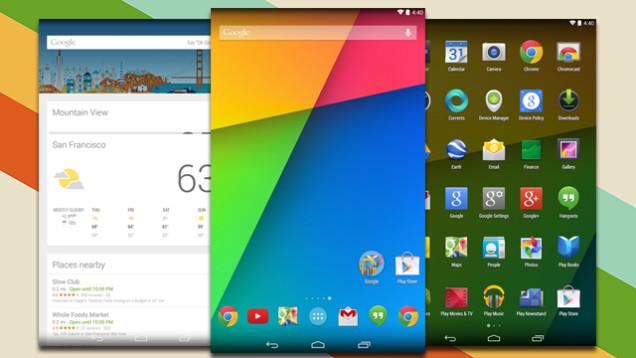
I'll admit it: I fell in love with Android because of a proprietary user interface. I liked Android well enough when it launched, and I was using it as my daily driver (mostly because the T-Mobile G1/HTC Dream was pretty great), I didn't really fall in love with the mobile operating system until I got my hands on the HTC Hero. Specifically, until I started using Sense.
I was a big fan of HTC's customer software for Windows Mobile, so it probably came down to familiarity, even switching from Microsoft's mobile platform to Google's. While there were some obvious changes, the overall look-and-feel of the software was familiar to me, so I welcomed it with open arms. Plus, the benefits that Android brought to the table back then only made it that much better.
And yes, the hardware played a big role in that love.
But, it was mainly the software. I know a lot of people who fell into the Android Army because of the Hero, whether it was one of the many U.S.-based variants or the European original, it was because of the company's proprietary Sense user interface that won them over.
I've gone back and forth a lot over the years. Between so many devices in the time that Android's been publicly available, there have been good and bad traits for stock and custom Android. Each company has had its fair share of attention due to their "lacking" proprietary software, or "boring" stock Android. I've been equally enthralled and bored by the wide range of software out there. Some things work for some people, and some things don't.
I just want the option. An easy option, too. Yes, getting stock Android on your smartphone that launched with a proprietary user interface is possible, but it isn't always easy. And some people just don't want to go through the extra steps of rooting and adding a custom ROM onto their phone. It should be as easy as downloading an app in most cases. In others, the manufacturer should have an option to disable the custom software, and bring the stock Android experience to the fore.
Launchers from third-parties exist, and many of them are really good. But, the news today that pointed to the Google Now Launcher gaining more device compatibility made me a happy camper. Google's focus on separating their applications, and therefore not segregating them to only Nexus- or Google Play edition-branded devices is a good thing. And support for the Google Now Launcher in other devices has been a longtime coming.
If manufacturers aren't going to offer the option right out of the box, and apparently that's just something that's not going to happen, then this is probably the best bet for most people. Well, unless they've already found another launcher they like using as their Home replacement already. There are plenty of great options out there, after all.
Do you ever feel the need to switch between a stock experience and the custom software that possibly came preloaded on your smartphone? Do you use a Home replacement? Let me know!